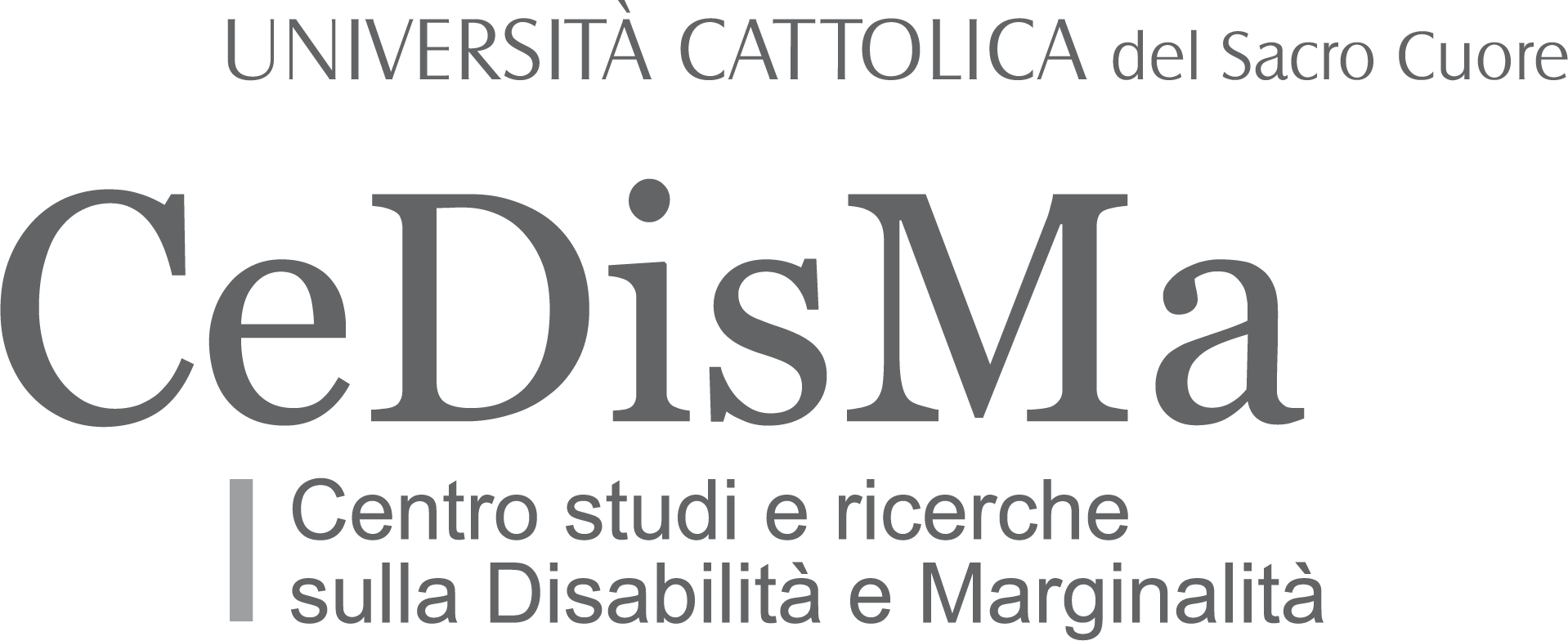Digital technologies are powerful activators of generative methodologies in teachers’ teaching plans; it is the differentiated educational approach, not purely instrumental, that gives to the digital world an inclusive value with a view to readapting the disciplines, meeting not only the differences and needs of pupils, but appreciating the richness of each one’s learning modalities.
The adaptive versatility of technologies with didactic value, enabling the students and compensating their difficulties, responds appropriately to different learning styles, enhancing motivational and attentive processes at several levels.
In the methodological perspective of “differentiated instruction” the “targeted educational and didactic activities, designed to meet the needs of individuals” (D’Alonzo), find in digital engagement a significant variety of “agents” and learning opportunities. Providing each learner with opportunities to access integrated digital environments means considering the ways of learning (stimulating, reticular, collaborative, constructive and reflective-metacognitive) according to the conditions suited to different abilities.

Differenziazione CeDisMa
In a concretely inclusive perspective, therefore, it is necessary to think of multiple ways of representing communicative codes (learning) to be proposed to the class, different ways of expressing and thinking, and different ways of working and involving students.
It is important to think of communication technologies, in order to avoid sterile determinism and non-frontal and transmissive teaching, as a space in which the design of knowledge and the educational setting (teamwork) happens through intentional action, according to meaningful experiences that contribute to each one’s competent acting.
Metacognitively, ICTs “signal” the ways and paths of learning and processing information, restoring awareness of the choices and processes of approaching problems.
Differentiating contents and skills, modulating activities according to different processes, finds in digital environments open working solutions, implementing activities in which everyone can participate, with strong effects on experiences of self-efficacy and self-esteem.
Didactic innovation lies in the pedagogical approach with which the teacher realises, in challenging contexts, the didactic translation of flexible information management, together with the activation of reflection processes, for a school for all, strategically oriented towards personal growth.
Bibliographic references and resources for further study:
- d’Alonzo, La differenziazione didattica per l’inclusione; https://www.erickson.it/it/la-differenziazione-didattica-per-l-inclusione
- Gardner, La nuova scienza della mente; https://www.feltrinellieditore.it/opera/opera/la-nuova-scienza-della-mente-1/
- Rosati, Morozzi, Pattoia, Pedagogia, Didattica e Apprendimento consapevole. https://www.libreriauniversitaria.it/pedagogia-didattica-apprendimento-consapevole-nuovi/libro/9788854834606
- Carol Ann Tomlison: Introduction to differentiation; https://www.youtube.com/watch?v=xJqNzlhBIf0
- Luigi d’Alonzo: differenziazione come via per l’innovazione https://www.youtube.com/watch?v=xJqNzlhBIf0





